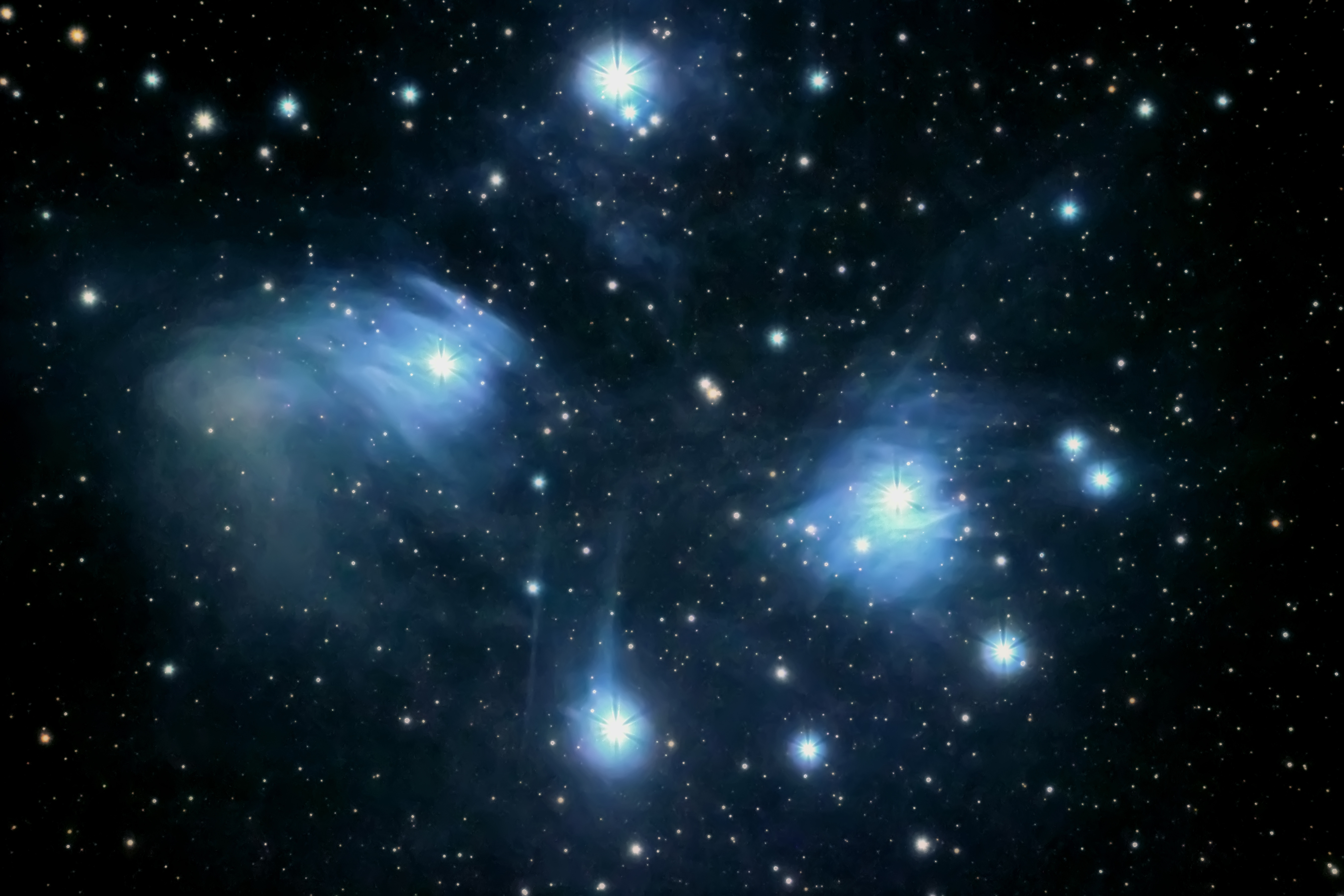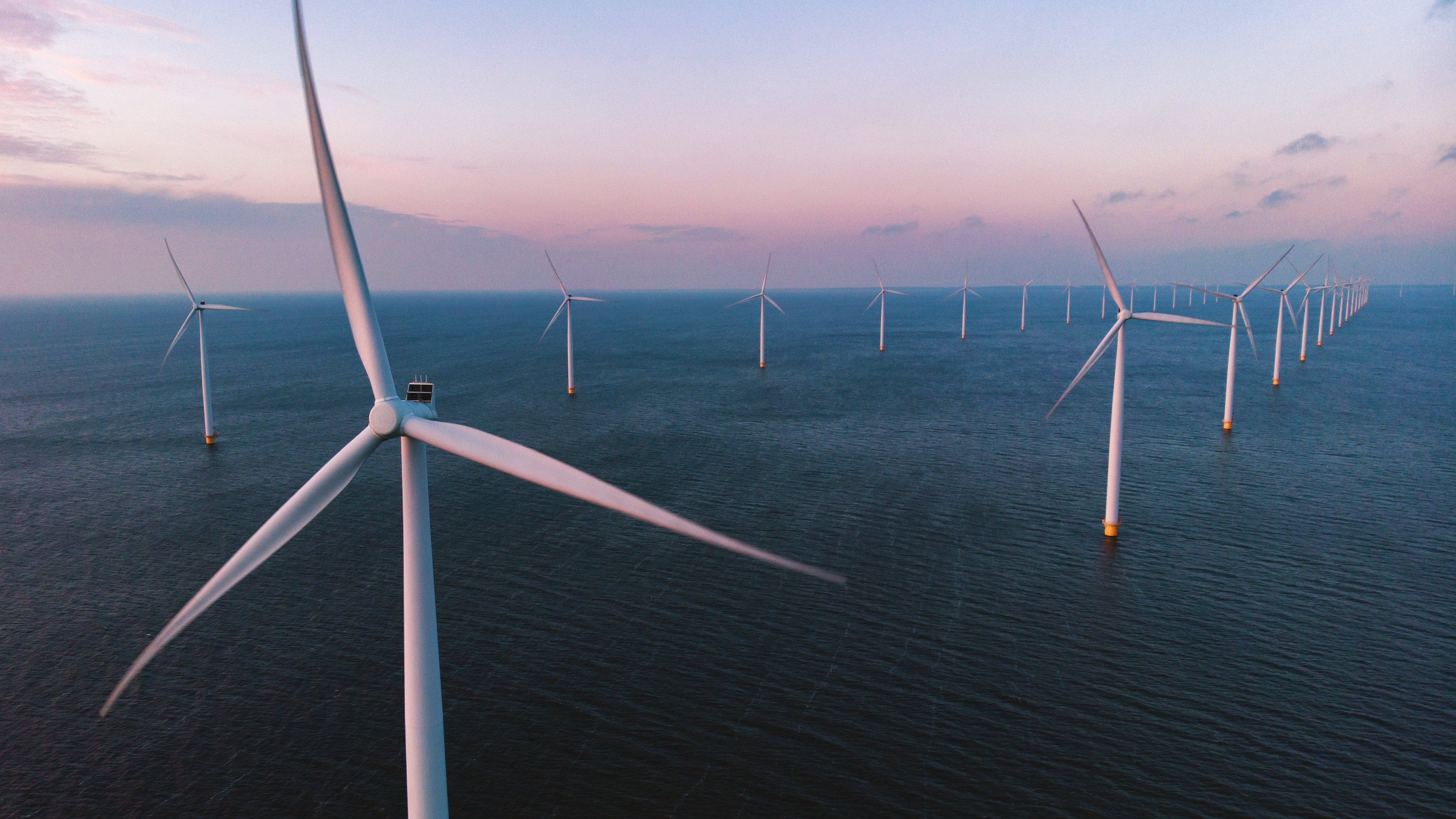Two ORC grants for emergence and ecological effects of wind farms
Funding has been awarded to two more research projects at the University of Groningen under the National Science Agenda's Research along Routes by Consortia (NWA-ORC). Meerburg, Dimastrogiovanni, and Roest, researchers at the Van Swinderen Institute, have received €500,000 for researching emergence in cosmology. They are partners in the ‘Emergence at all scales’ consortium. Klemens Eriksson, from the Groningen Institute for Evolutionary Sciences (GELIFES), is partner in the NO-REGRETS project, which will study the ecological and economic impacts of scaling up offshore wind farms in the North Sea.
In total, researchers from the Faculty of Science and Engineering (UG) are involved in four NWA-ORC grants: as partners in three projects and as the main applicant in the CurveBend consortium. NWO has awarded to CurveBend a grant of €7,000,000. Under the leadership of Han Olff, UG Professor of Ecology, this consortium will develop a new approach to biodiversity restoration in areas where livestock farming is a major form of land use.
Emergence in cosmology
Meerburg, Dimastrogiovanni, and Diederik Roest, from the Van Swinderen Institute, are partners in the ‘Emergence at all scales’ (EAAS) consortium. Their research aims to understand how space, time, gravity, and the universe appear to emerge from nothing, and how this ‘emergent’ nature of matter influences the evolution of large-scale cosmological structures.

Ecological impacts of scaling up offshore wind farms
Klemens Eriksson, Professor of Marine Ecology at GELIFES, is a partner in the NO-REGRETS project and studies the ecological and economic impacts of scaling up offshore wind farms in the North Sea. These may potentially affect, among other things, ocean currents, microscopic plankton, and different life stages of fish. The Royal Netherlands Institute for Sea Research (NIOZ) is the lead organization in this consortium.

About the NWO grant
The grants come from NWO’s Research on Routes by Consortia (ORC) funding instrument. This aims to enable interdisciplinary research and innovation that brings scientific and societal breakthroughs within reach. A prerequisite is that participants are part of a consortium.
More news
-
19 December 2025
Mariano Méndez receives Argentine RAÍCES award
-
18 December 2025
Why innovate, and for whom?
-
17 December 2025
Ben Feringa wins Feynman Prize
